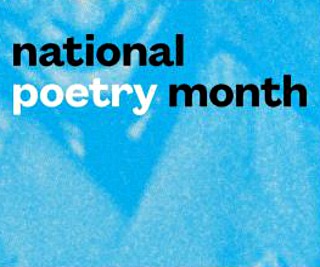I don’t want a style. Or I don’t want to be defined by a particular style. It’s taken years to evolve to this viewpoint, but I prefer each writing project, big or small, to invent itself without preset limits.
Once a writer determines what his or her style is, they are finished. Because then they’ve defined their own boundaries and subconsciously resist crossing them. They hear the voice of restriction resonating inside their heads louder than the voice of creativity. At that point they might as well tap out.
So I want to believe that I don’t have a style. I have poems and books and stories and undefined literary blobs that develop on their own and discover their own voice - their voice, not mine. And I want to maintain this blissful illusion until I die.






